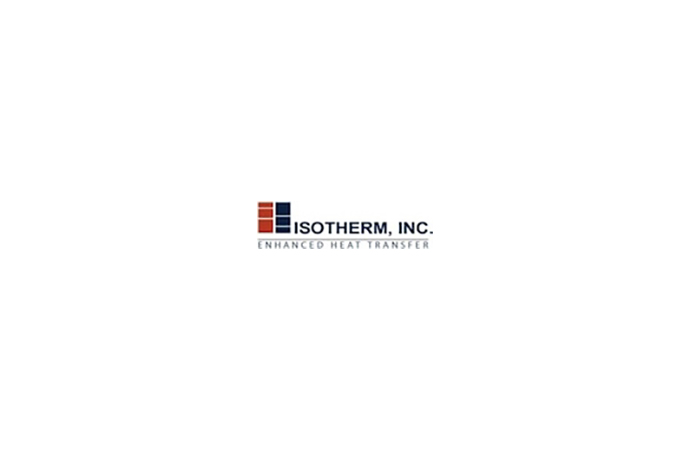Increasing use of natural refrigerants has sparked the development of natural refrigerant training courses to meet the demand for skilled technicians. AFPI (Professional Industry Training Association for Britanny), France is among those institutes to have created a modular refrigerant teaching course that covers CO2 and ammonia systems.

The AFPI training course has been designed to meet the current needs of the heating, ventilation, air conditioning and refrigeration (HVAC&R) industry. The aim is that the skills and knowledge acquired on the course are applicable to all cooling installations: industrial systems, ships, protected environments, and offshore applications, and are also valid both at the national and international level.
AFPI Course structure
Students can select between the following refrigeration training modules:
- TECH 1: Refrigeration installation maintenance - all types of system
- TECH 2A: Industrial refrigeration installations
- TECH 2B: Commercial refrigeration installations
- TECH 2C: Specialised refrigeration installations
- TECH 3A: Refrigerant fluid transfer and recovery
- TECH 3B: Industrial refrigeration installation automation and programming
- TECH 3C: Air conditioning type C.T.A. (Centralised Air Treatment)
- TECH 4: Cooling research - a summary of all available options
- TECH 5: Module can be adapted to the student’s specific needs
CQPM MQ261 Cooling Technician Certificate and EGC Professional License
In collaboration with French Universities and University Institutes of Technology (IUT) the AFPI offers two courses in Brest, the CQPM MQ261 Cooling Technician certificate and the 12 month EGC Professional License (energy and commercial and industrial HVAC&R).
The Cooling Technician Certificate provides technicians with the necessary know-how to test and put systems into service, maintain and repair installations, and provide advice to clients on how to optimise system use.
Lézin Ammonia Training
In addition to the AFPI in Brittany, the Lézin training centre in Montauban, near Toulouse, offers guidance specifically relating to ammonia refrigeration. With over 32 years of experience in HVAC&R teaching, the centre had developed three different ammonia programs:
- Ammonia refrigeration systems: Lasting a week, the ammonia refrigeration course covers: the use of ammonia, thermodynamic properties of ammonia, the specifics of ammonia refrigeration circuits; and regulations that apply to ammonia installations.
- Practical ammonia training: The second course offered by Lézin lasts 1-3 days and is aimed at technicians working with ammonia systems. This practical course covers ammonia system monitoring, what to do in an emergency, system analysis, and maintenance planning.
- Ammonia safety training: Since 2008, the Lézin Training Centre in France has also offered a two-day training course in ammonia safety. The course covers the following: properties of ammonia, prevention, safety standards and emergency planning, what to do when an ammonia refrigerator stops, what the July 1997 regulation means for the industry, and accident case studies.
Background
The Professional Industry Training Association for Britanny (AFPI) has been providing technical schooling for over 30 years, its aim - to provide a well-trained workforce for industry in Britanny. The teaching focus is in technical qualifications for industrial applications. Every year the AFPI trains over 10,000 individuals.
The 16 July 1997 regulation regarding ammonia installations in France requires all new and renovated ammonia installations, and those being restarted after a prolonged period of disuse to undergo an inspection, the report of which is to be included in the safety files relating to the system. In addition, all installations must undergo yearly inspections by a competent authority.
MORE INFORMATION
Related stories


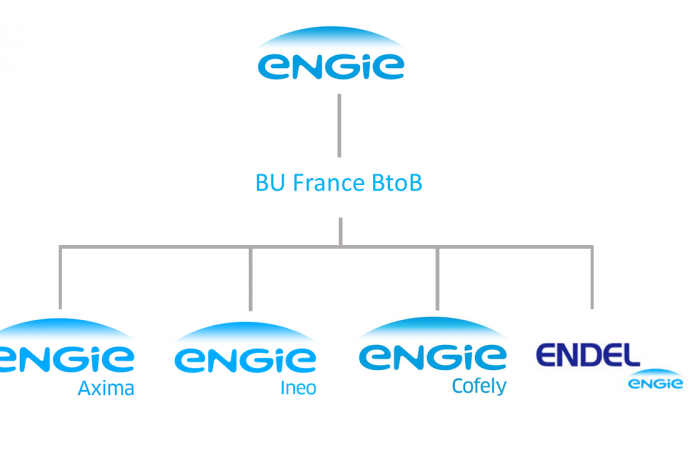

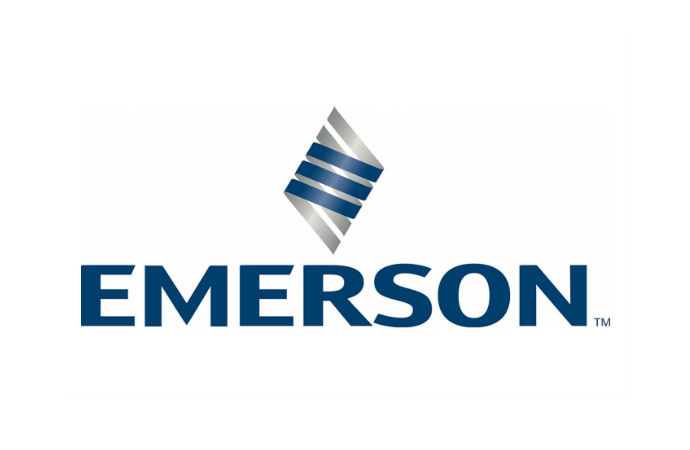
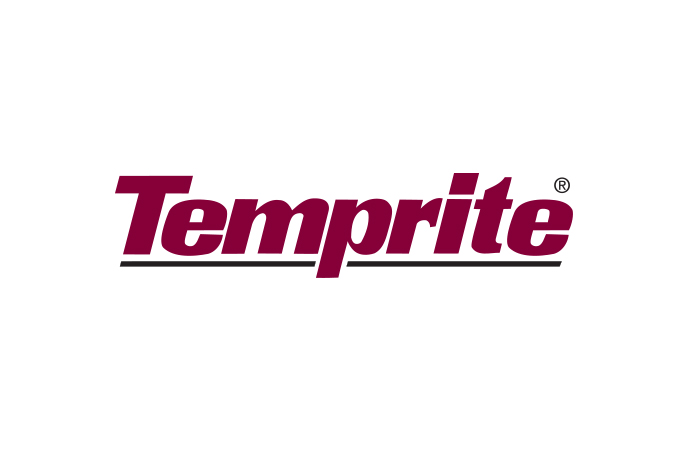
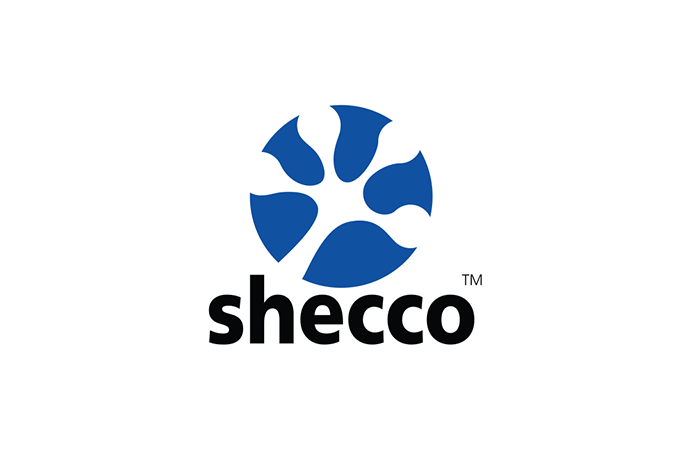



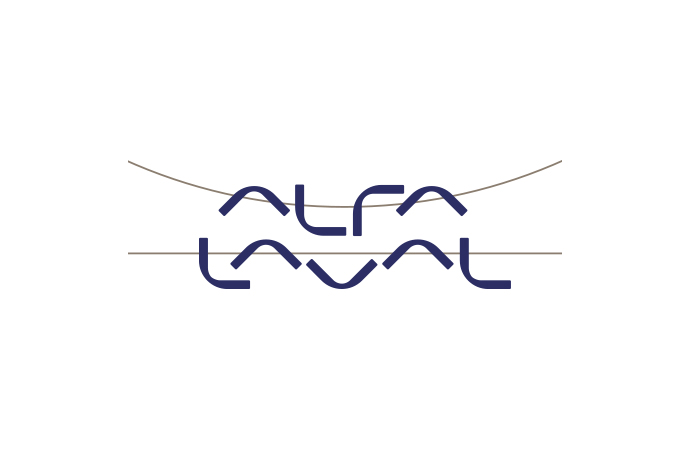
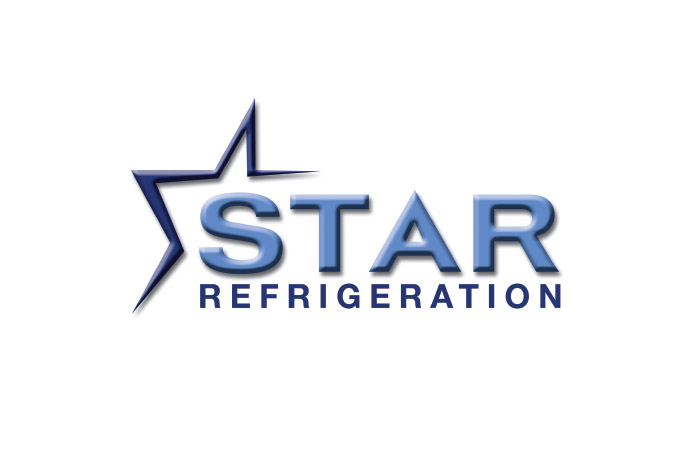
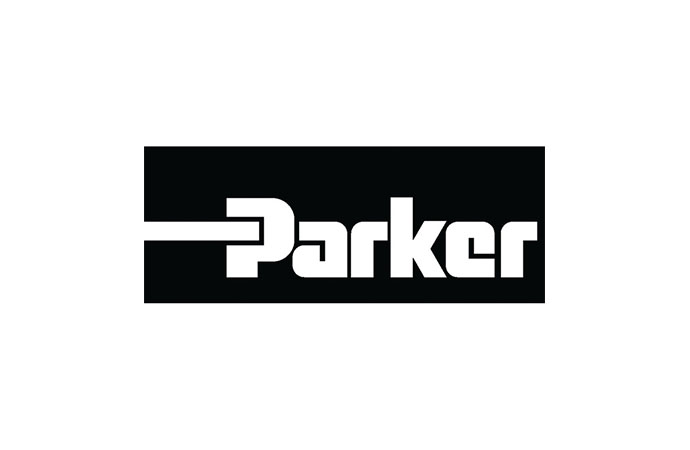
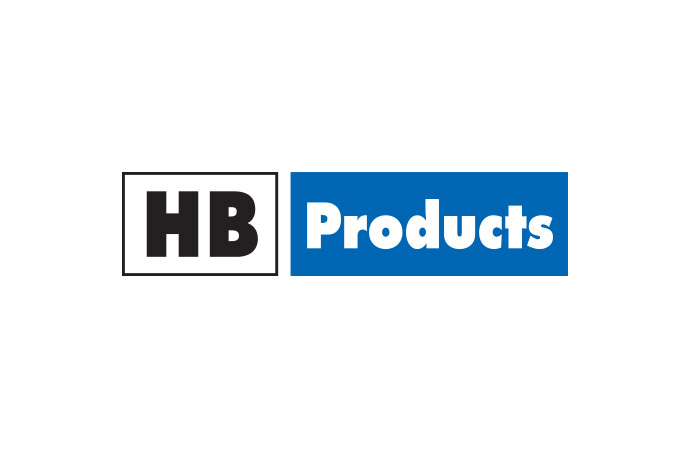

_1522327086.png)


